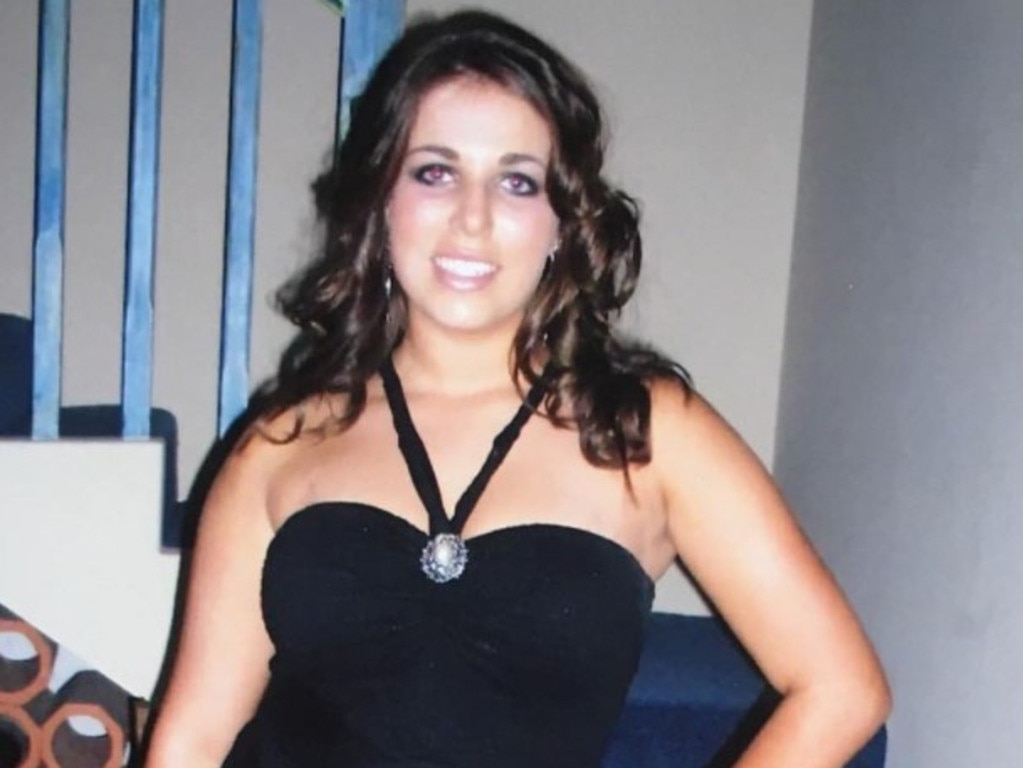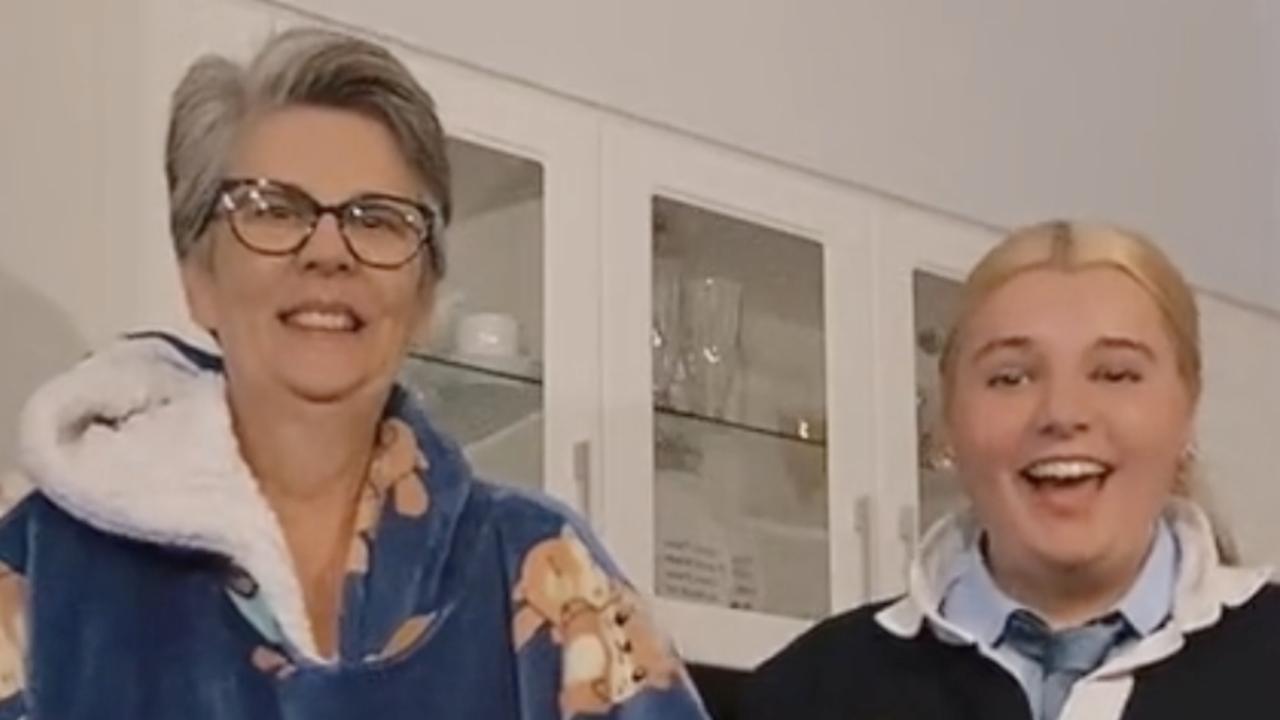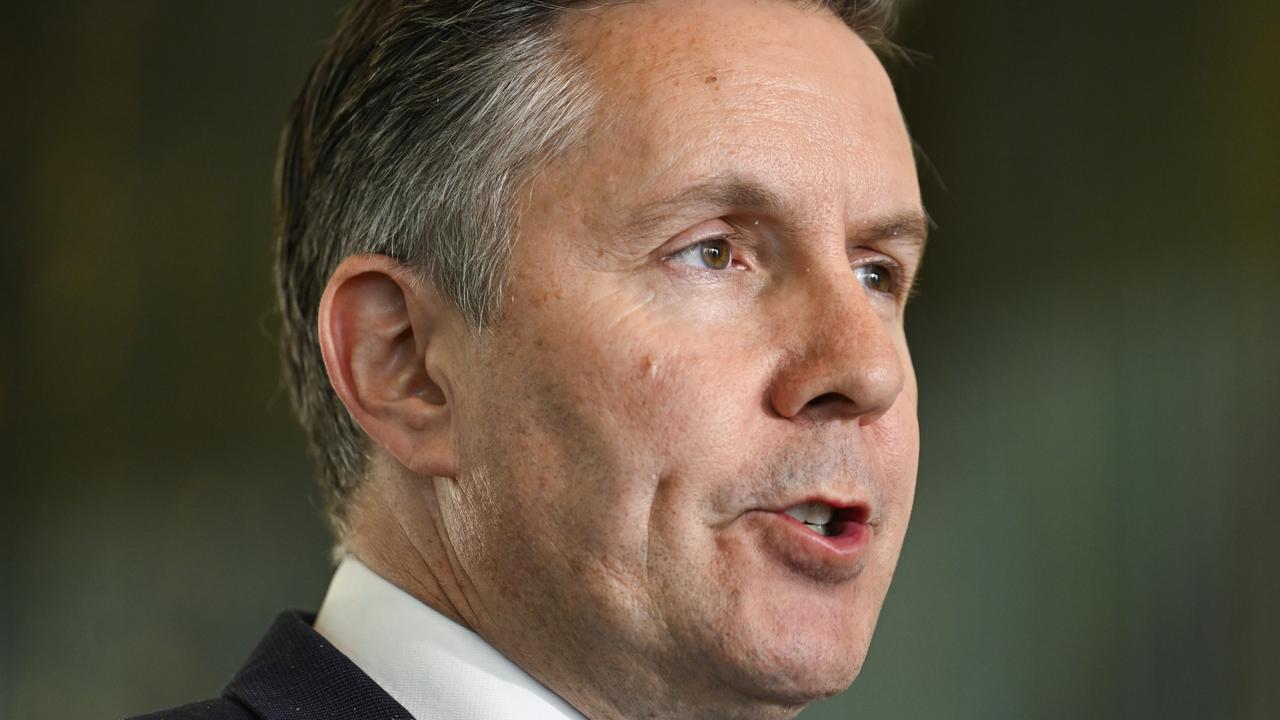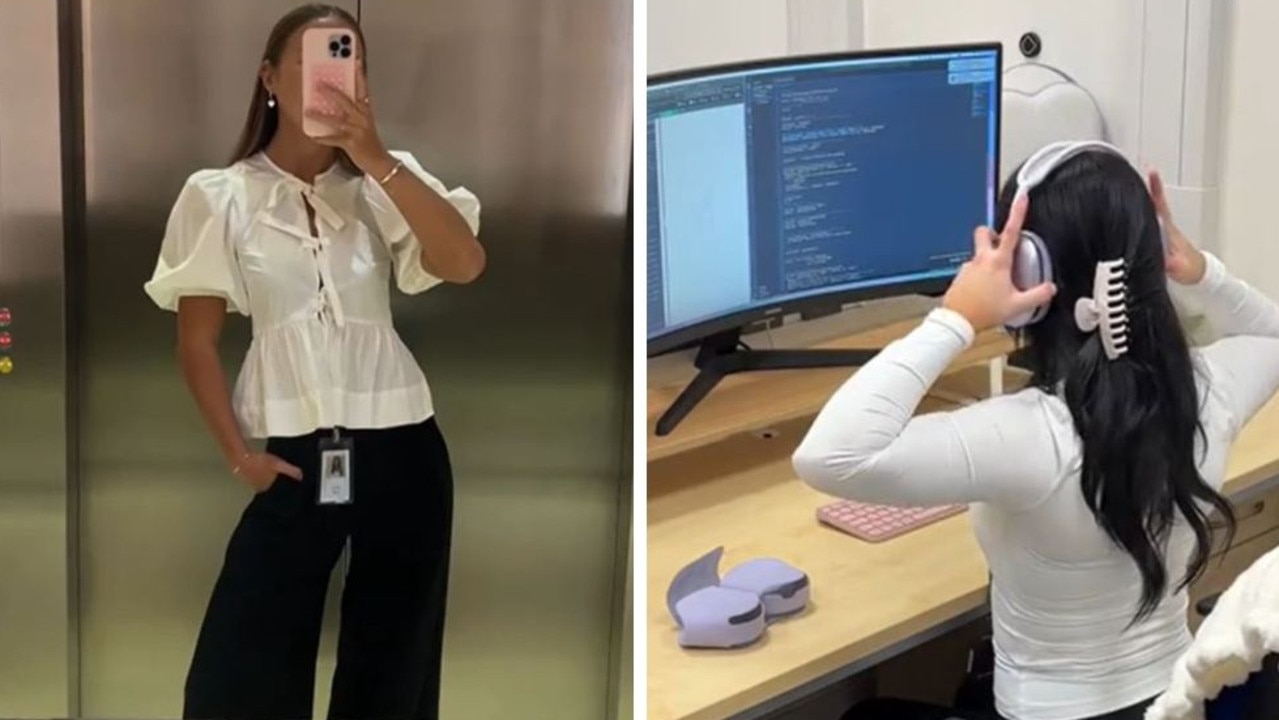‘I was too fat to have an eating disorder’
Despite an obsessive relationship with her weight, a health professional told Lyndi Cohen that the scales meant she couldn’t have an eating disorder.

I first became aware I was bigger than other kids at age five.
I was in ballet class, in a pink leotard, comparing my body to others. Scanning the room with feet shuffling nervously, where the other girls had straight up and down bodies, I had curves, a tummy and thighs that touched. It was the beginning of feeling fat.
By 11, I was worried about my weight. By now, I’d been told enough times, you’d be so pretty if you lost weight that I believed it. I felt that I wasn’t good enough, until I weighed less, so my parents took me to a nutritionist.
Despite being in the healthy weight range for my BMI, the nutritionist put me on a meal plan. There was no conversation around body image, only around the social pressures I was feeling. She understood I wanted to be thin – and wanted to help me subscribe to this thin ideal.
Then, at age 11, I started calorie counting.
On my very prescriptive calorie restricted diet, I had to weigh everything I ate and control my portions. I went to bed at night with a calorie counting book on my bedside.
As part of my progress, I would go in for a monthly weigh-in at the nutritionist. My body was constantly under surveillance by adults. I’d gain weight and be distraught. My entire self-esteem was based on whether I lost or gained weight and I’d be stressed about disappointing my family, nutritionist and self.
It’s around this time that my binge eating started and I gained weight quickly. My family didn’t know what to do with me. By now my relationship with food was completely disordered. And I just wanted to feel normal around food again, instead of secretly binging on bowls of cereal, loaves of bread or peanut butter by the spoonful.
I’d lost track of my in-built weight management system, my appetite.
I wouldn’t go to social events where I couldn’t weigh my food.
I’d weigh myself obsessively multiple times a day.
I was so desperate to please that I once cut my hair in order to weigh less at a check-in appointment with my nutritionist.
I’d eat only carrots for two weeks.
I’d walk an hour to school and back, only to do more exercise when I got home. I’d lie in bed at night thinking about everything that I’d eaten, and wondering how I could be “better” tomorrow.

But because I wasn’t thin, no one thought I had a problem.
In fact, my dieting was encouraged. My parents took me to see another nutritionist – and start on a new diet – and so from ages 11 to 21 this continued, with me being controlled by food, guilt and shame.
The turning point came in a change room at a clothing store, trying on an outfit for a friends’ 21st birthday party. Seeing myself in the mirror, a lump of deep loathing filled my throat. I felt disgusting.
I hated myself so much I jumped in my car and drove straight to the doctor distraught.
Explaining my unhinged relationship with food and my body, I was immediately prescribed anti-anxiety medication. I knew my attitude towards food had become unhealthy, but was told by a health professional that the number on the scales meant I didn’t have a problem. I was too fat to have an eating disorder.

Hear the words eating disorder and you might think of skinny runway models with cheek and hip bones jutting out of their bodies. Over a million Australians are currently struggling with an eating disorder, according to The Butterfly Foundation. Some of us are, or were, fat.
Weight stigma meant my concerns around eating were dismissed.
The thing is, eating disorders are characterised by extreme concerns about body weight and shape, and unhealthy relationships with food. This can apply to people at any size, and people at higher weight may be at greater risk because of the messages that society sends them about their body needing to be changed or ‘fixed’.

It’s part of why I became a dietitian and launched my Back to Basics app, to help take the stress out of healthy eating and tune back into your hunger, not head. Healthcare professionals need to validate the experiences of every patient, regardless of their weight, remembering that it takes courage to admit to, and request support for, an eating disorder.
Of course, not every obese or overweight kid who loses weight has an eating disorder.
More Coverage
The hardest part in my recovery has been unlearning the food rules, guilt and shame. For me, therapy helped, regularly seeing a psychologist. It took my breaking point to ask, if dieting worked, wouldn’t I be at my goal weight by now?
I now know, it’s not worth sacrificing 95 per cent of your life, to weigh 5 per cent less and learned the only tool that’s helped me tune into my body and eat out of hunger, not gut-wrenching emotion. And that tastes better than “thin” can ever feel.
Lyndi Cohen is a dietitian and best-selling author of The Nude Nutritionist and is known for calling out nutrition nonsense, challenging diet culture and promoting healthy body image. Her Back to Basics app has relaunched to now include a hunger check-in for chronic dieters | @nude_nutritionist





